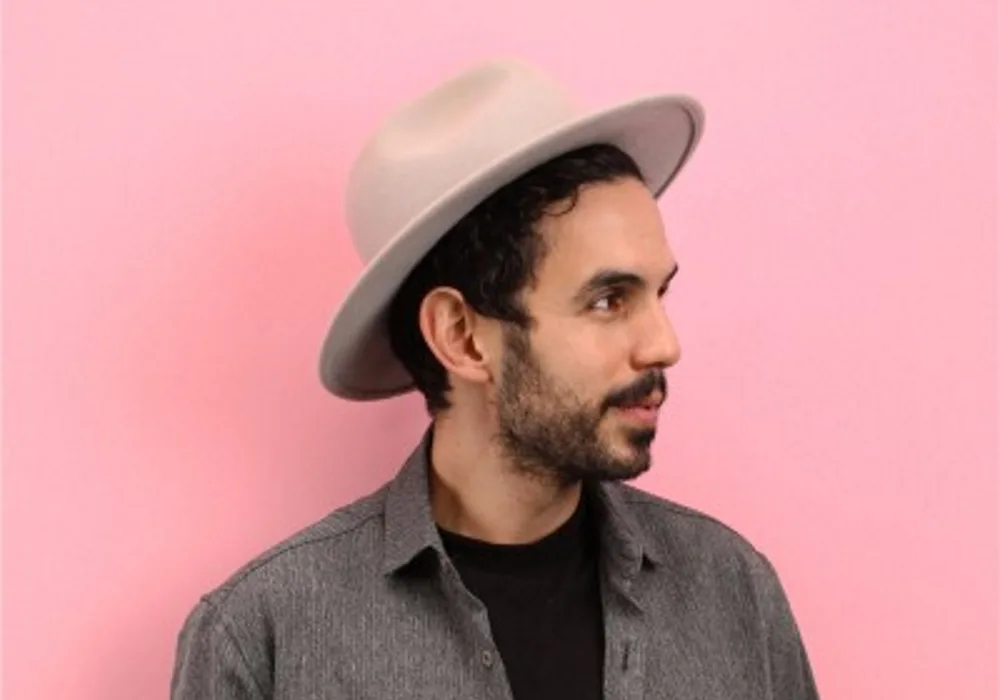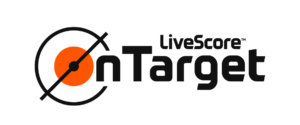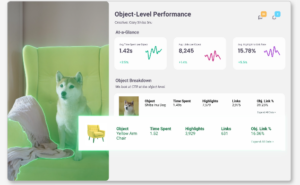Ahead of Mad//Fest London 2021, official media partner NDA is chatting to some of the brilliant line-up of speakers before they step on to the stage (for real) at the industry’s first big in-person event in the UK in over a year. Today, we hear from AJ Coyne, Head of Marketing at Klarna.
What excites you most about speaking at Mad//Fest? What will you be discussing?
It feels like Mad//Fest is the opening of festivals and conferences again, so I’m super excited to be part of it. I have been virtually speaking or attending conferences for the last 18 months but Mad//Fest will, hopefully, be a line in the sand that says, ‘it’s back to business now, and we can meet IRL again’.
Equally, the line-up at Mad//Fest is phenomenal. That sounds really bad, because I’m speaking. But I don’t mean myself, I mean everyone else. I also think some of the activations around the experience of the festival will be truly rewarding for everyone who attends. So, I’m super excited just to be there, regardless of me speaking at the event.
In terms of what I’m talking about, I’m talking about ‘Trust, Transparency, and Bullshit’. I’m looking forward to sharing my perspective and Klarna’s perspective on how to build trust in a world that is seemingly full of more and more bullshit, a world where any 240-character tweet becomes news in seconds. So, looking forward to dispelling some myths and sharing some points on that front.
What disruption in your market have you been most awed by in the last year?
At Klarna, we believe in a different type of banking offering and credit model. We believe that credit should be provided to consumers, but not paid for by them, and that they should only ever pay the price of the item they purchase, not be hit with interest fees or late payment fees. Thankfully, with Klarna, the businesses that use our products and services pay, not people. And, so, the innovation I’ve been excited about is one of our own.
Until last month, you had to have Klarna installed on a website to be able to use Klarna. You’d go to Made.com, to ASOS, to Halfords and, at checkout, you’d find Klarna. So, given our preference for people to use interest-free and fee-free products, we launched a product in our app which, essentially, allows you to pay anywhere Klarna. You can browse the internet and the website doesn’t need to have Klarna. But you can pay in three and spread the cost of any item without having to pay interest or fees ever again.
What kept you smiling in your working life during the turbulence of the last year?
I would say my marketing team at Klarna. I joined during the pandemic in March last year to a team of phenomenal, talented human beings, who not only onboarded me brilliantly, but have made it very easy for me to do my job and built connections with me virtually and, very recently, in real life as well. The people that that I’ve been surrounded with and worked with have got me through it. So, it’s kudos to the Klarna marketing folk.
What positive impacts on long-term consumer behavioural shifts will the pandemic have?
There’s two: one is around business, and one is around personal wellbeing. From a business perspective, digital roadmaps that organisations have talked about for years have been accelerated and achieved in weeks and months, meaning that a lot of companies are coming out of the pandemic digitally savvy, online-ready, and more fit than they would have been. That can be coupled with new behaviours being adopted by consumers for online shopping.
Typically, they say you have to do something, I think, seven times for it to become a trait. But, because of the prolonged period of the pandemic, people have adopted online shopping in record numbers and in age brackets we’ve not seen before. As a result of the pandemic, the average age of our audience in the UK has shifted to 35, but our fastest growing audience is 45-plus. And that’s really a result of new behaviours being created during the pandemic. I think it’s going to be really beneficial longer term for driving online commerce and allow new businesses to enter markets more easily, given the lower barriers to entry.
From the wellbeing perspective, it’s been a terrible time for everyone, and some have been hit really hard, and industries have been wiped out. It’s been horrendous. But, for those that have worked through the pandemic, I think we’ve started to really prioritise balance in a different way. That, from a mental health perspective, will radically change all of our ongoing behaviours.
What technology, innovation, or market development are you most excited about for the year ahead?
It’s a really hard question to answer as part of the UK at the moment, given we’re in year one of Brexit and we were all in lockdown. But I do think that fintech has a really exciting role to play in the UK economy. The biggest opportunity is how we can create fintech hubs – not just in London, but across places like Birmingham and Manchester – and really drive innovation in that space, and prove that we’re a major player in this post-EU world. From a Klarna perspective, we recognise that. We’re opening an office in Birmingham and we’ve already got one in Manchester. We’re looking to cultivate the talent that’s here, because the talent hasn’t left, even though the landscape has shifted slightly. It’s a really exciting time for fintech in this country.









